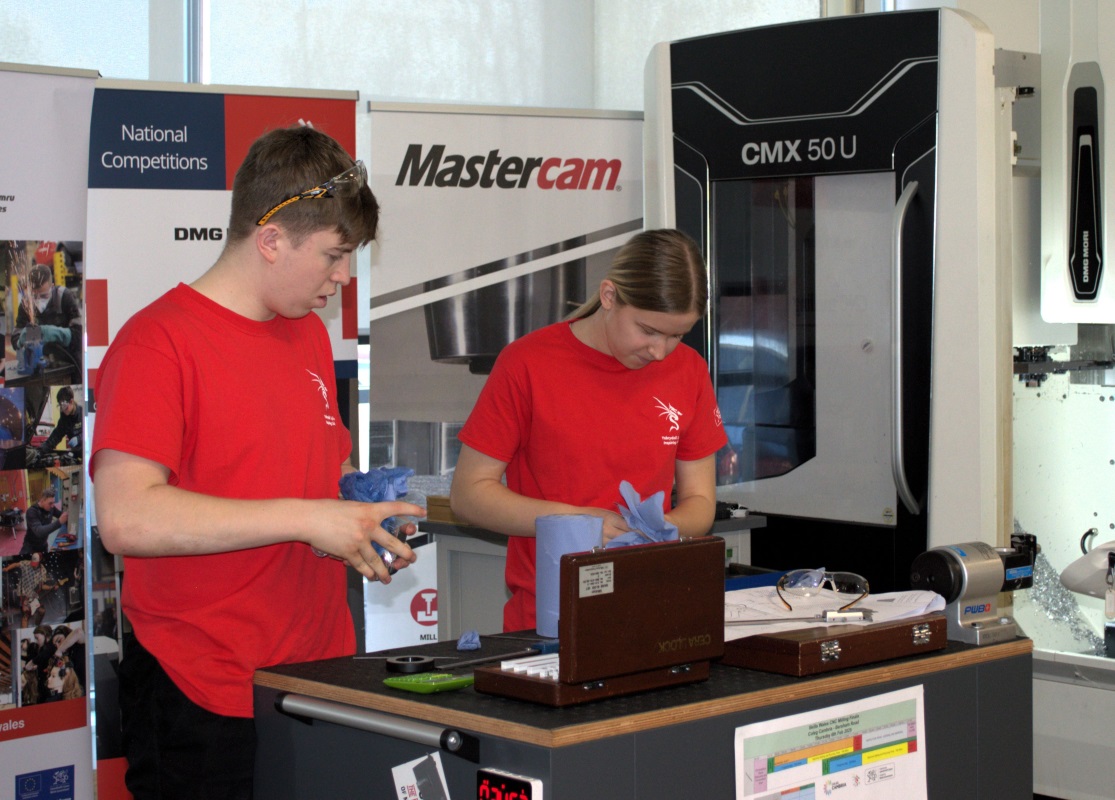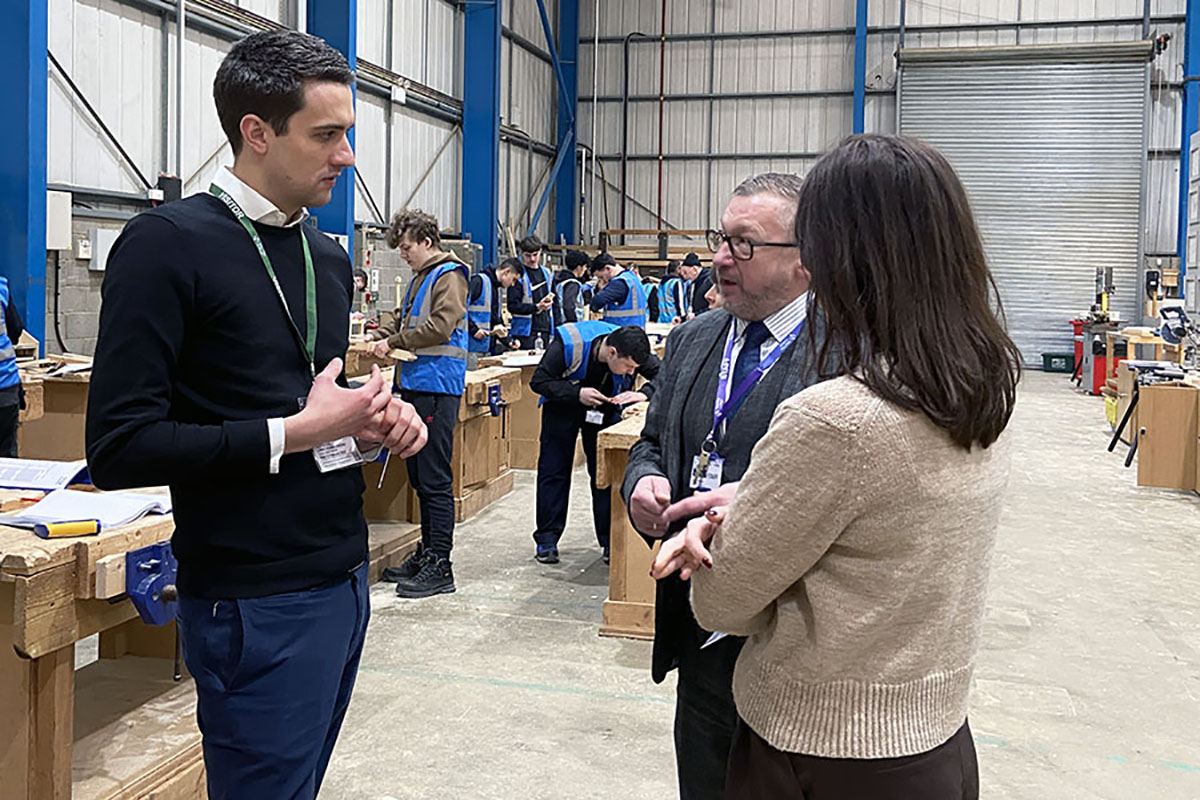Lower-educated job-seekers benefit less from network connections

Using your family’s network connections won’t necessarily improve your chances of finding a job compared to more formal methods, new research at the University of Cologne reveals.
While lower-educated school leavers are more likely to use their parent’s social contacts to help them find apprenticeship-level jobs, they are still no more likely to secure a job through these referrals than their higher-educated counterparts, found Assistant Professor Paula Protsch at the University of Cologne and Federal Institute for Vocational Education and Training, together with Matthias Flohr at WZB Berlin.
The study suggested this is because employers might view referrals for lower-educated applicants as less reliable, or their family network connections may be less valuable.
However, networking is more commonly used by young people looking for jobs in regions with high unemployment and the study found it to be more effective here, as young people in regions with low job opportunities did increasingly find apprenticeship places through referrals from their parents’ social contacts.
The findings suggest that social contacts can partly compensate for poor job opportunities in regions of high unemployment.
Dr Protsch said: “Having relevant parental network connections is especially important if young people need to compensate for otherwise poor regional job opportunities.
“We believe our findings yield relevant implications for understanding social inequalities during the transition from school to work.”
These findings, which were published in Acta Sociologica, come from a study surveying students who had left secondary school and were searching for apprenticeship places in Germany. All respondents were first interviewed as ninth graders at secondary school and were surveyed repeatedly during their transition from school to work.











Responses